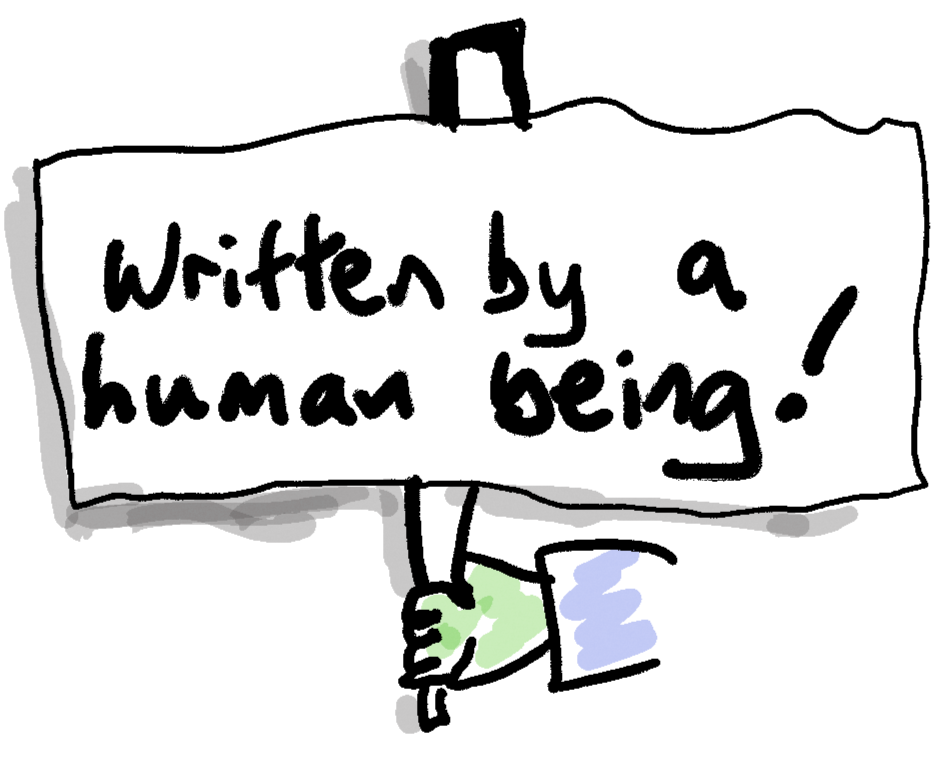My review of this for Teach Secondary magazine has just come out. Here is the published version, followed by the copy I submitted, which is slightly longer because it has a little more detail. I wrote the review wearing my school teacher hat. However, it struck me that optimism is something all writers need a great deal of!
Click the image to see this book on Amazon (affiliate link)
The published version
At first glance, you might take this to be one of those books full of affirmations and anecdotes designed to lift your mood. In fact, Paul-Choudhury is more concerned with examining the widest possible range of areas in which optimism – or the absence of it – can make a difference. Thus, he touches on psychology, biology and physics (in keeping his professional background in astrophysics), as well as science fiction, economics, politics, history, philosophy and literature.
To say it’s comprehensive seems like an understatement. What’s interesting is that optimism isn’t always shown as being positive, but as something that can be highly damaging when misplaced.
Logically laid out, highly readable and with a good index, this book could prove to be a handy resource for your PSHE staff.
My original version
You might think that this is going to be one of those books which are full of affirmations and anecdotes designed to uplift your mood. In fact, the author is more concerned to cover the fullest possible range of areas in which optimism – or the absence of it – could be a factor. Thus we cover psychology, biology, physics (reflecting the author’s astrophysics background perhaps), science fiction, economics, politics, history, philosophy and literature.
To describe the book as comprehensive would almost seem something of an understatement. Despite the subtitle, optimism is not presented as being an entirely good thing: sometimes, misplaced and unrealistic optimism can be quite damaging.
While logically set out and highly readable, this also lends itself to reading the chapters in any order you like. There’s a very good index as well. A great addition to the school library and potentially a handy resource for the PSHE staff.





